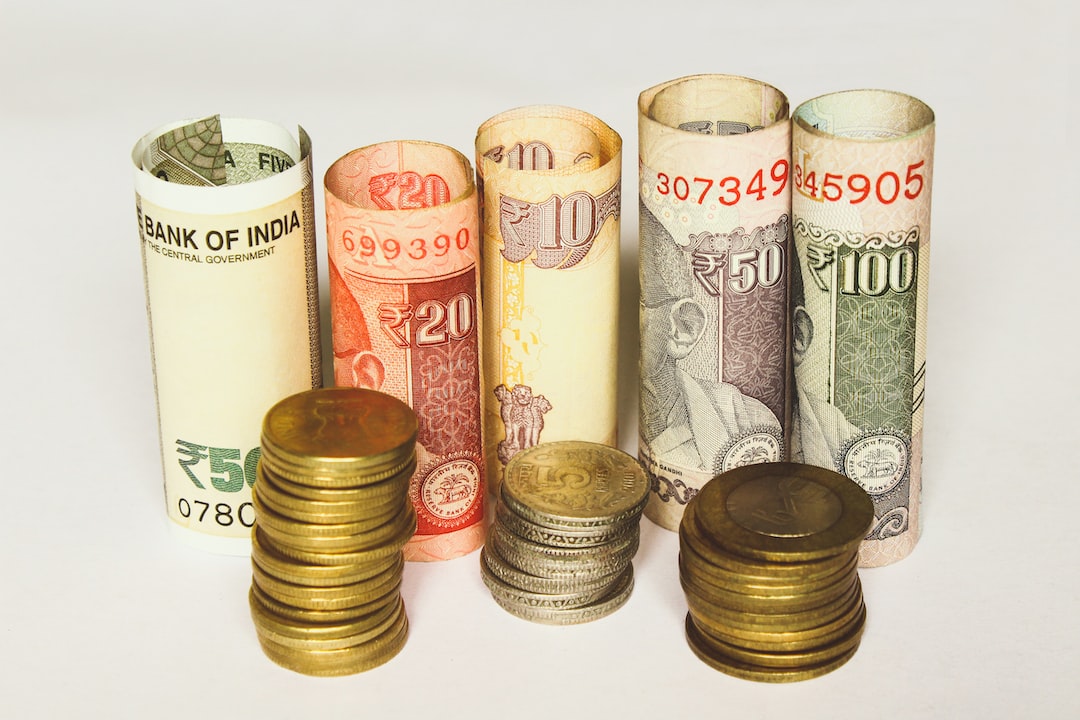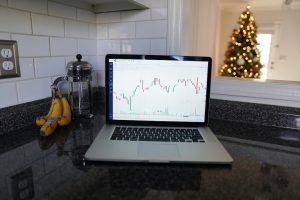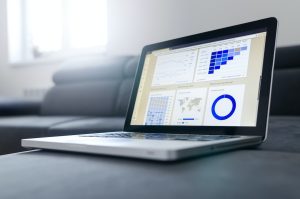The foreign exchange market is a decentralized market where various financial institutions, banks, and individual traders come together to buy and sell currencies. To ensure smooth trading in such a market, there are intermediaries known as market makers who play a crucial role in facilitating transactions. In this article, we will delve deeper into the topic of market makers in forex, who they are, and what they do.
Who are market makers in forex?
Market makers are financial institutions or individuals who provide liquidity to the forex market by buying and selling currency pairs at quoted prices. They are also known as liquidity providers or dealers. Market makers are typically large financial institutions such as banks or specialized forex brokers who have access to a large pool of liquidity.
What do market makers do?
Market makers play a crucial role in the forex market by providing liquidity and ensuring smooth trading. They do this by constantly quoting buy and sell prices for various currency pairs, which traders can use to execute trades. Market makers buy and sell currencies at the prices they quote, which creates liquidity in the market.
Market makers also act as counterparties to traders’ orders. When a trader wants to buy or sell a currency pair, they place an order with their broker. The broker then sends the order to a market maker who takes the opposite side of the trade. This means that if a trader wants to buy a currency pair, the market maker will sell it to them, and if the trader wants to sell the currency pair, the market maker will buy it from them.
Market makers make money by charging a spread, which is the difference between the bid and ask price. The bid price is the price at which the market maker is willing to buy a currency pair, while the ask price is the price at which they are willing to sell it. The spread is the market maker’s profit margin.
Market makers also take on risk by holding positions in various currency pairs. They manage this risk by using various hedging strategies, such as offsetting their positions with other market makers or using derivatives to hedge their exposure.
Advantages of trading with market makers
There are several advantages to trading with market makers. Firstly, market makers provide liquidity to the forex market, which ensures that traders can always find a counterparty to their trades. This means that traders can execute trades quickly and efficiently, without worrying about whether there will be someone on the other side of the trade.
Secondly, market makers typically offer tight spreads, which means that traders can buy and sell currency pairs at competitive prices. This is because market makers have access to a large pool of liquidity, which allows them to offer better prices than smaller brokers who do not have access to as much liquidity.
Finally, market makers offer a range of trading platforms and tools that allow traders to analyze the market and execute trades. This includes charting software, news feeds, and other tools that help traders make informed trading decisions.
Conclusion
Market makers play a critical role in the forex market by providing liquidity and ensuring smooth trading. They buy and sell currencies at quoted prices, act as counterparties to traders’ orders, and make money by charging a spread. Trading with market makers offers several advantages, including access to liquidity, tight spreads, and a range of trading tools. Therefore, it is important for traders to understand the role of market makers in forex and choose a broker who works with reputable market makers.






